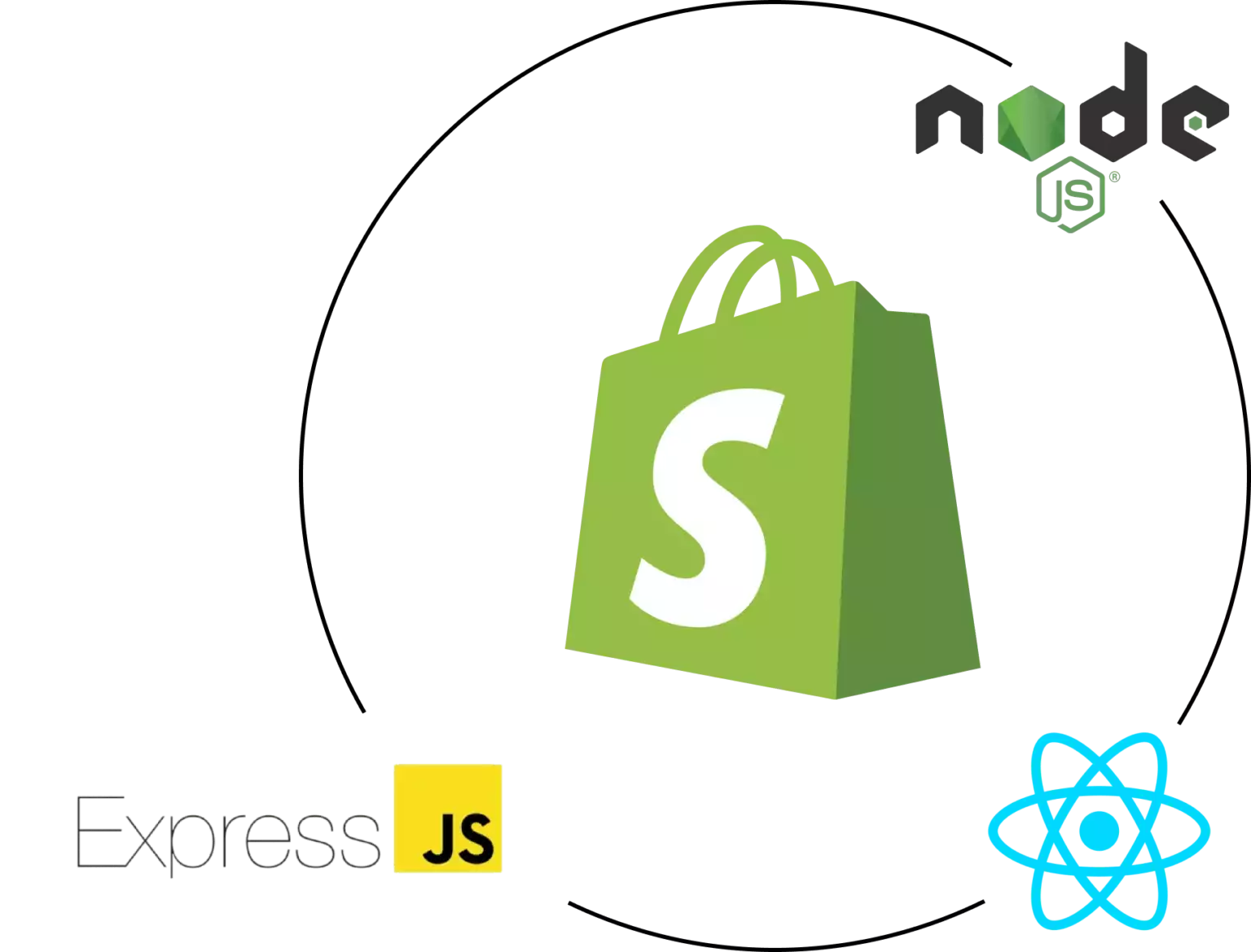Introduction
In the current cutthroat e-commerce landscape, standing out is essential, and a top method to differentiate a Shopify store is through custom app creation. A robust Shopify app can enhance store functionality, streamline operations, and elevate customer interaction. This article explores key elements of Shopify app development, from API integration to scaling strategies and digital marketing approaches, providing a roadmap for businesses looking for superior store performance.
Why Shopify API Integration Matters
Shopify’s API provides powerful tools to customize and expand store capabilities. With the GraphQL and REST API options, developers can retrieve information to build applications that handle inventory control, order handling, and customer information management smoothly. Integrating Shopify’s API can enable improved workflow automation and enables stores to serve customers more efficiently.
Utilizing the Polaris Design System
Shopify’s Polaris is Shopify's design system for designing user-friendly and easy-to-use Shopify apps. By adhering to Polaris guidelines, developers guarantee that apps seamlessly integrate within the Shopify Admin experience. This ensures a cohesive appearance that resonates with Shopify merchants, encouraging usability and comfort for merchants utilizing your tailored app.
Understanding the Shopify App Ecosystem
The Shopify app ecosystem offers endless possibilities for improving online stores. From handling order fulfillment to increasing customer interaction, apps in this environment are tailored to meet various business requirements. Learning about this ecosystem helps developers in identifying unique app ideas and allows for seamless integration of third-party services that add value to the store.
Building Embedded Shopify Apps
Embedded apps integrate directly within the Shopify Admin, allowing a seamless experience for merchants. They allow merchants don’t have to leave their Shopify control panel, simplifying their process. Employing Shopify App Bridge and embedded app capabilities is a best practice for offering a cohesive, well-integrated user experience.
Leveraging Node.js and React for Shopify Development
Node.js and React have become top options for Shopify app development. Node.js enables efficient back-end services, while React allows for dynamic, responsive front-end design. Combined, they offer an strong platform for building fast, scalable Shopify apps that enhance store functionality and customer engagement.
Webhooks in Shopify Apps
Webhooks allow real-time data updates between Shopify and an external app. They initiate events such as order creation or stock changes and send instant alerts to your app. By utilizing webhooks, apps can deliver real-time information to store owners, streamlining workflows and boosting productivity.
Engaging Customers Through Digital Marketing for Shopify Apps
To make a Shopify app successful, engaging customers is crucial. Using digital marketing strategies like SEO, email marketing, and social media campaigns can increase app usage. Additionally, designing apps with customer interaction as a focus (e.g., loyalty programs or personalized suggestions) boosts user retention Shopify app scalability and loyalty.
Making Your Shopify App Scalable
As e-commerce businesses grow, so do their technological needs. Ensuring that your app can scale to handle increased traffic, larger data sets, Polaris design for custom Shopify apps and more advanced functionalities is essential. By improving server capacity and using scalable solutions, you can develop apps that expand in tandem with a store’s growth.
Essential Features and Maintenance for Shopify Apps
For an app to be useful, it should offer essential features like user authentication, dashboard analytics, and customer support options. Regular app maintenance, including updates to fix bugs and compatibility checks with new Shopify features, is vital to ensure continuous operation and avoid interruptions to business processes.
Conclusion
Custom Shopify app development offers immense opportunities for e-commerce businesses, providing the ability to improve store functionality, streamline processes, and foster customer loyalty. From integrating APIs to ensuring scalability and customer engagement, building a Shopify app involves careful planning and well-planned actions. If you’re prepared to unlock your store’s full potential, a tailored Shopify application could be the ideal choice. What features do you see for your ideal app? Share your ideas and begin the journey to an enhanced e-commerce experience!
